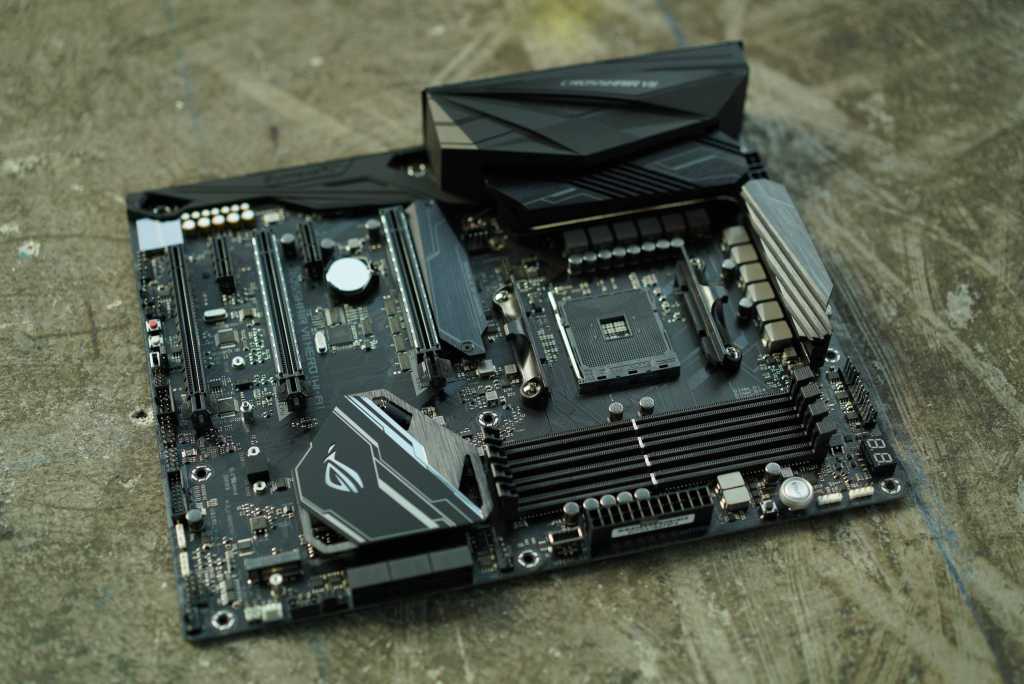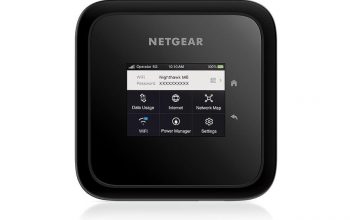
Ryzen PC builders are blessed because they only have to deal with one socket across all potential motherboards: AM4.
Ever since Ryzen’s introduction using their 1000 series, the socket type AMD has committed to is AM4, and that’s true even today with the latest 5000 series Ryzens. It is a stark contrast the the building experience with an Intel CPU, where a builder has to account for numerous socket types across every generation of Intel CPUs.
Despite this clear luxury, not every motherboard that meets certain requirements for a Ryzen CPU will satisfy the requirements of an individual. That’s why we certainly have this list of the best Ryzen compatible motherboards that takes into account price, features, and chipset, you start with the budget friendly boards.
When building a personalized PC, the motherboard is the first & most important feature you will want to choose. A motherboard is the computer’s main circuit intersection. It has plugs for processors, memory cards, cache, video cards and other peripheral expansion slots. Whoever builds the computer (manufacturer or consumer) chooses a motherboard to configure the computer’s working capacity.
Suitability
While computer evolution accelerates, a well-chosen motherboard performs in areas that you take into account most important.
According to Computer World, consumers can fit their choice of motherboards to suit their computer uses. Quite simply, you could save a lot of money by purchasing a motherboard without all the latest features if you do not want them. In case you have kids who are on the leading edge of all things technical, the selection of motherboard could be crucial in deciding just how long the machine will work at optimum performance in the ever-evolving computer world. Consider its match other components, such as processors (CPU), graphics cards, memory and ports for peripherals. An inadequate motherboard influences the compatibility and functioning of those components.
Upgradability
A durable motherboard may lengthen the computer’s life and save you on peripheral replacement parts.
A motherboard is itself upgradable. A consumer’s computer needs change, so a consumer can transform a PC motherboard (watch out, though, to ensure that component parts plugged with it remain compatible with the new board). For example, video game software demands increased motherboard processing capacity. That could cause a consumer to narrow his seek out motherboards with such capability. A well-chosen motherboard may allow consumers to upgrade peripheral components without buying a new motherboard. In versatile times, a versatile motherboard makes a good profits on return.
Replacability
A consumer can change motherboards to suit his own time and budget.
Once committed to a self-built system, computer users can replace and upgrade any component, motherboard included, with know-how and the turn of a few screws. This enables a consumer to change with the times. If his needs change quickly, he can tap into the latest and greatest motherboard of the time. A consumer with fewer computer needs and a tight budget can pick and choose which element of upgrade together with his existing motherboard. A well-designed, adaptable motherboard may allow your personal computer user to upgrade only using an expansion slot rather than new motherboard itself.


